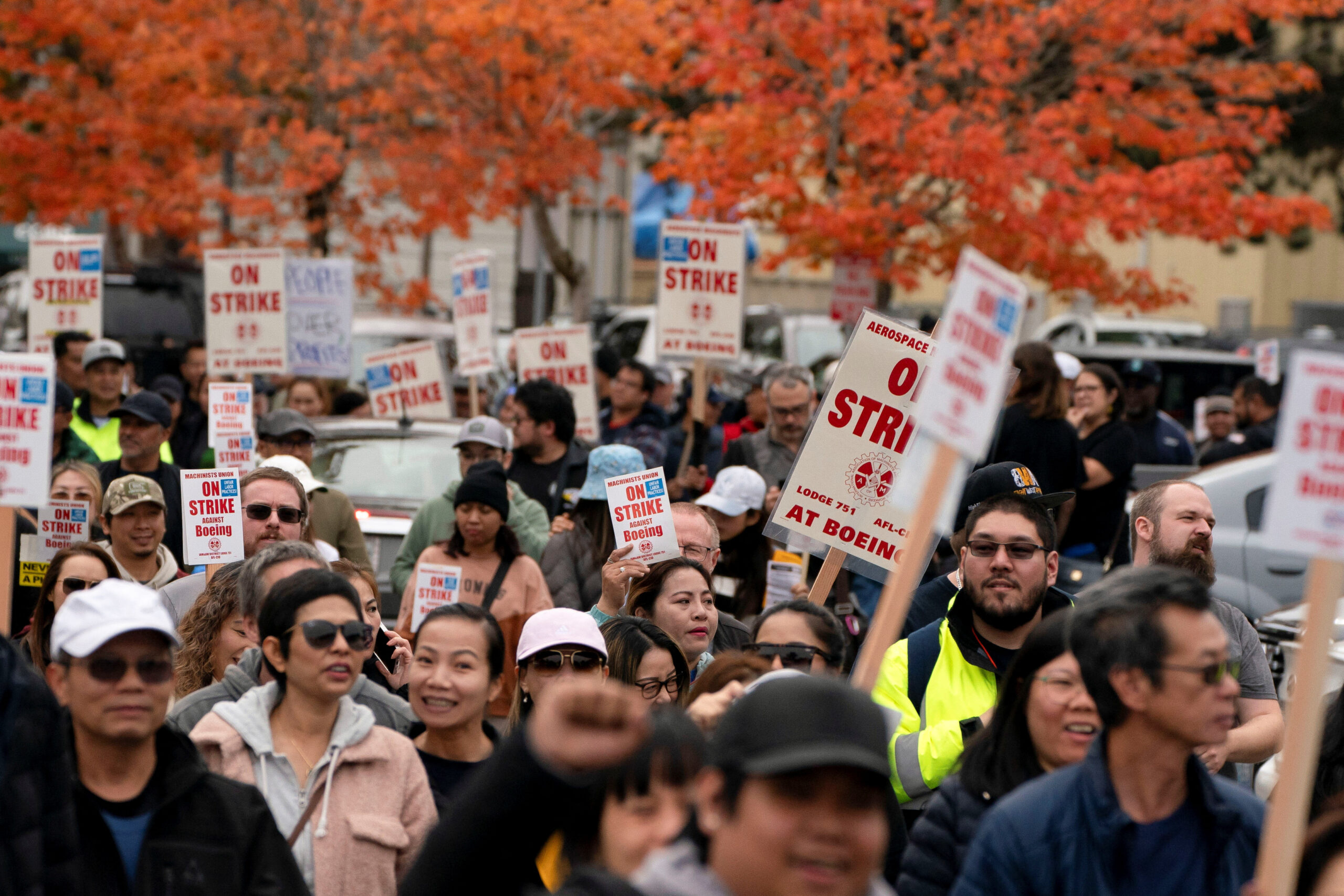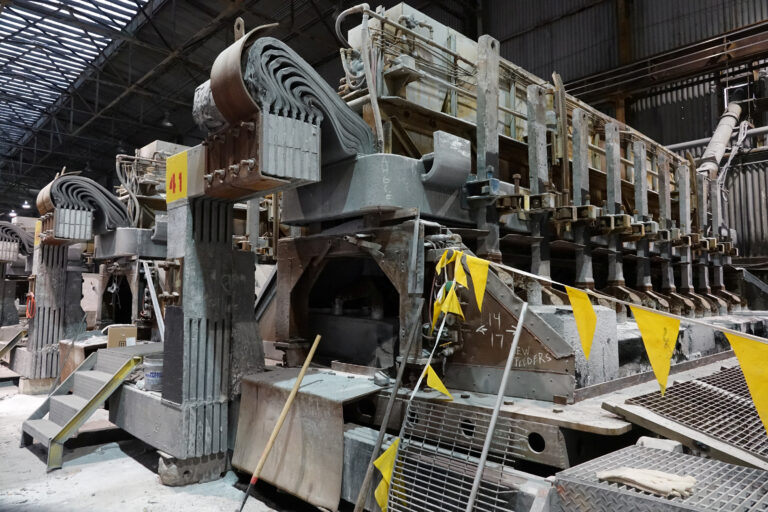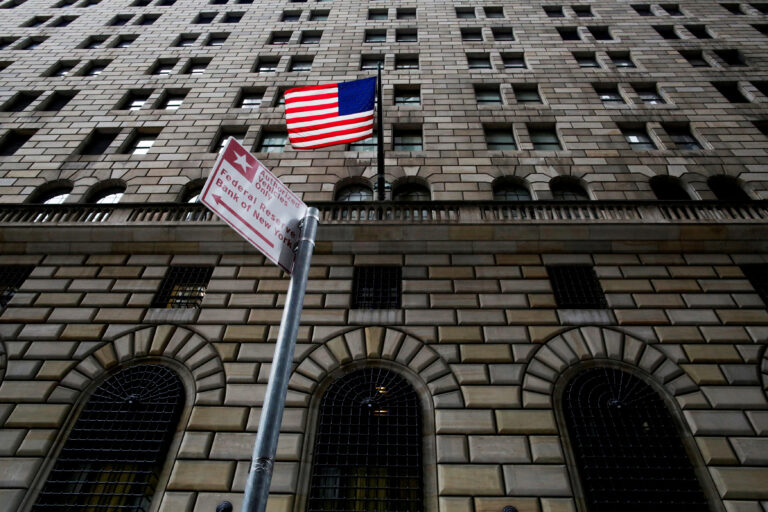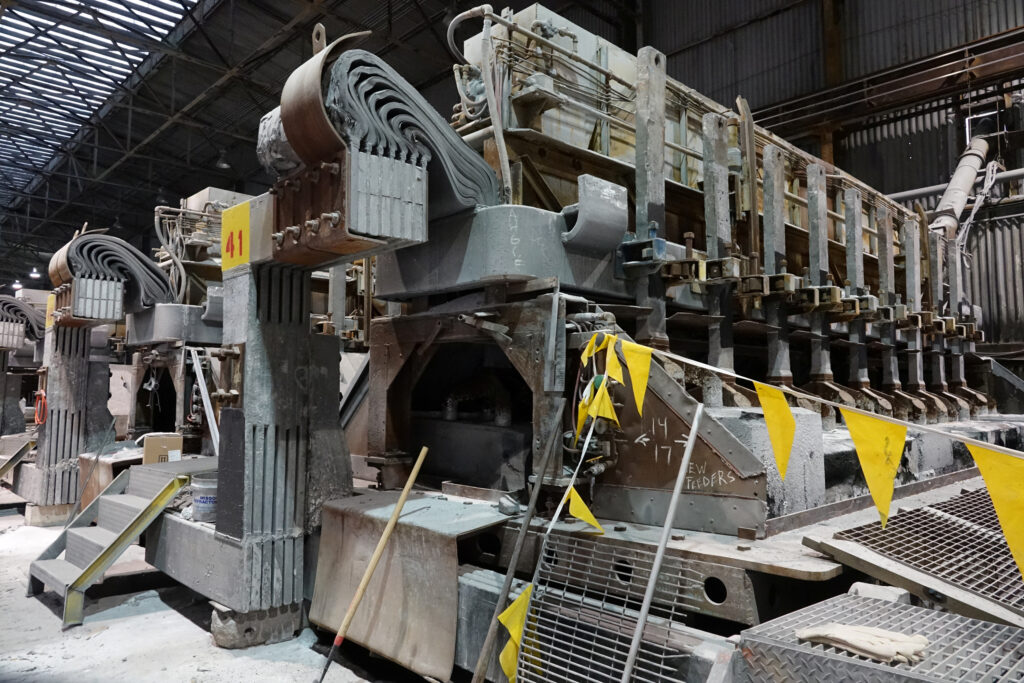WASHINGTON – U.S. industrial production fell in September, weighed down by a strike at Boeing (NYSE: BA) and two hurricanes, including Helene.
Industrial output dropped 0.3% last month after a downwardly revised 0.3% gain in August, the Federal Reserve said on Thursday. Economists polled by Reuters had forecast industrial production falling 0.2% after a previously reported 0.8% jump in August.
The Fed estimated that the Boeing strike weighed down growth in industrial production by 0.3% while the two hurricanes subtracted another 0.3%.
It did not mention the names of the hurricanes, but Helene struck in September and Debby made landfall in August and was later downgraded to a tropical storm.
Industrial production fell 0.6% year-on-year. It dropped at an annualized rate of 0.6% in the third quarter after increasing at a 2.5% pace in the April-June quarter.
Factory output dropped 0.4% last month after advancing 0.5% in August. Production at factories fell 0.5% on a year-on-year basis in September.
Manufacturing, which accounts for 10.3% of the economy, has mostly been treading water and it could be some time before the boost from a reduction in interest rates is felt.
The U.S. central bank embarked on its easing cycle with an unusually large half-percentage-point cut of its policy rate to the 4.75%-5.00% range in September amid growing concerns about the labor market. The Fed hiked rates by 525 basis points in 2022 and 2023 to curb inflation.
Motor vehicle and parts output dropped 1.5% last month, while production of aerospace and miscellaneous transportation equipment plunged 8.3%. Roughly 33,000 machinists at Boeing (NYSE: BA) are on strike, with ripple effects on the planemaker’s supply chain.
Durable manufacturing production dropped 1.0%. Nondurable manufacturing production increased 0.2%. Mining output fell 0.6% last month after rising 0.7% in August. Utilities production rebounded 0.7% after a 1.3% decline.
Capacity utilization for the industrial sector, a measure of how fully firms are using their resources, fell to 77.5% from 77.8% in August. It is 2.2 percentage points below its 1972–2023 average. The operating rate for the manufacturing sector decreased by 0.4 percentage points to 76.7%. It is 1.6 percentage points below its long-run average.
(Source: ReutersReuters)






















